Mahabharata (Buck)
₹425.00
In stock
Mahabharata (Buck)
The Mahabharata is an Indian epic, in its original Sanskrit probably the largest ever composed. It is the story of a dynastic struggle that provides a social, moral, and cosmological background to the climatic battle. The present English rendition is a retelling based on a translation of the Sanskrit original published by Pratap Chandra Roy, Published in the beginning of this century. William buck has condensed the story. The old translation from which he worked covers 5800 pages of print, while his own book is less than a tenth of that length. But by and large, Buck's rendition reflects the sequence of events in the Sanskrit epic, and he uses the traditional techniques for instance, of stories within stories, flashbacks, moral lessons laid in the mouths of principal characters. There are other English versions of the Mahabharata, some shorter, some longer. But apart from William Buck's rendition, none have been able to capture the blend of religion andmartial spirit that pervades the original epic. It succeeds eminently in illustrating how seemingly grand and magnificent human endeavors turn out to be astoundingly insignificant in the perspective of eternity.
Publisher's Preface, Introduction, Part I: In the Beginning, A Mine of Jewels and Gems, The Ring and the Well, Fire and Flame, Indraprastha, The Falling Sand, Part II: In the Middle, 6:00 Nala and Damayanti, 7:00 The Thousand-Petaled Lotus, An Iron Net, Virata, The Invasion, Do Not Tell, Sanjaya Returns, Trees of Gold, The Enchanted Lake, The Night, Part III: In the End, The Blade of Grass, The Lonely Encounter, Parikshita, The Timeless Path, The City of Gates, Notes, Reference List of Characters
Too Good to Resist Sale is Live BUY AND SAVE NOW
Mahabharata (Buck)
The Mahabharata is an Indian epic, in its original Sanskrit probably the largest ever composed. It is the story of a dynastic struggle that provides a social, moral, and cosmological background to the climatic battle. The present English rendition is a retelling based on a translation of the Sanskrit original published by Pratap Chandra Roy, Published in the beginning of this century. William buck has condensed the story. The old translation from which he worked covers 5800 pages of print, while his own book is less than a tenth of that length. But by and large, Buck’s rendition reflects the sequence of events in the Sanskrit epic, and he uses the traditional techniques for instance, of stories within stories, flashbacks, moral lessons laid in the mouths of principal characters. There are other English versions of the Mahabharata, some shorter, some longer. But apart from William Buck’s rendition, none have been able to capture the blend of religion andmartial spirit that pervades the original epic. It succeeds eminently in illustrating how seemingly grand and magnificent human endeavors turn out to be astoundingly insignificant in the perspective of eternity.
Publisher’s Preface, Introduction, Part I: In the Beginning, A Mine of Jewels and Gems, The Ring and the Well, Fire and Flame, Indraprastha, The Falling Sand, Part II: In the Middle, 6:00 Nala and Damayanti, 7:00 The Thousand-Petaled Lotus, An Iron Net, Virata, The Invasion, Do Not Tell, Sanjaya Returns, Trees of Gold, The Enchanted Lake, The Night, Part III: In the End, The Blade of Grass, The Lonely Encounter, Parikshita, The Timeless Path, The City of Gates, Notes, Reference List of Characters
Review(s)
“An absorbing tale of a feud between two branches of a single Indian ruling family that culminates in a vast, cataclysmic battle… [Buck] has retold the story so that the modern reader will not be discouraged from knowing and loving the stories as he did himself.”-Focus on Asian Studies Newsletter
“There is a poetry of expression, an atmosphere of awe, a liveliness of appreciation… Buck captures much of the beauty of the Sanskrit thought… a pleasure to read and to look at; the many illustrations by Shirley Triest have a magical quality in total harmony with the magic of the text.” – Times Literary Supplement
“Buck wins a distinguished place among translators from Sanskrit verse. No other recent translator in America has clambered so high on this epic mountainside.”-Asian Student
“The volume is modern in feeling and masterly in its classical finish of form and expression. it is not only a translation but has been re-worked and re-written in such a close similarity with the original that deserves to be applauded. The mellifluous muse of the original epic can be heard in the version throughout.” -The Journal of Religious Studies
“This is divine storytelling at its finest. When he finished his manuscripts, William Buck wrote, ‘Based on the words of ancient songs, I have written books. I tried to make them interesting to read. I don’t think you will find many other books like them. ‘He was absolutely correct.”-The Mountain Path, Aradhana, 2002
“This book is not a technically or a fully translated book, what the author has done is, keeping the original story in view, retell it in a popular, modern idiom for contemporary readers. One can very easily see how deeply William Buck was committed to the Mahabharata, which in turn has made his book a very interesting read. A delightful book indeed.” – Swami Satyamayananda, Prabuddha Bharata, Vol.108, May 2003.
“Buck captures much of the beauty of the Sanskrit thought…a pleasure to read and to look at; the many illustrations by shirley Triest have a magical quality in total harmony with the magic of the text.” TIMES LITERARY SUPPLEMENT “Buck wins a distinguish
About the Author(s)
Additional information
| Weight | 0.5 kg |
|---|---|
| Dimensions | 10 × 11 × 12 cm |
| Book Author | William Buck |
You must be logged in to post a review.
-
₹595.00
-
₹595.00
-
₹350.00

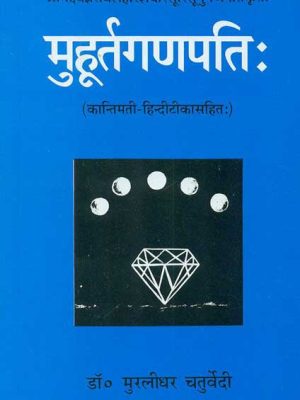
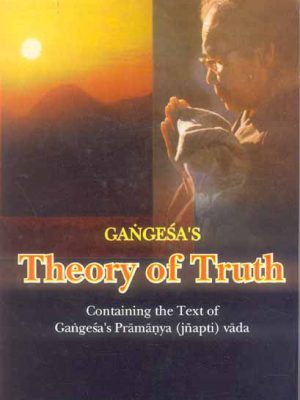
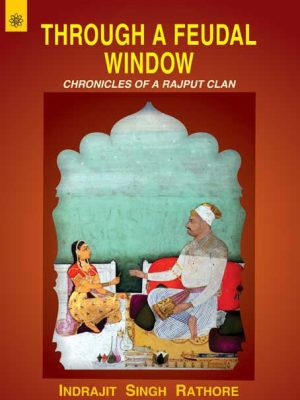
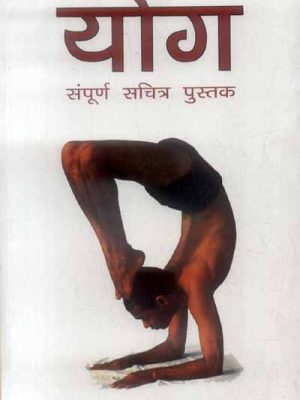
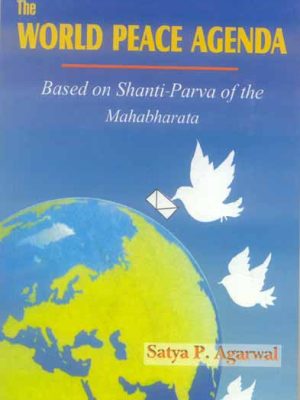
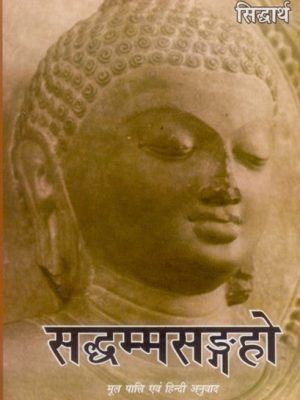
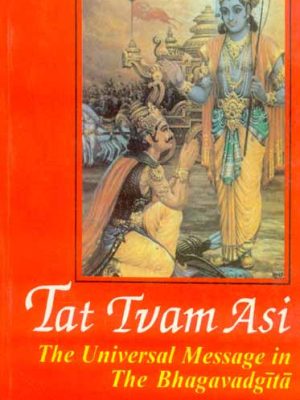





Reviews
There are no reviews yet.